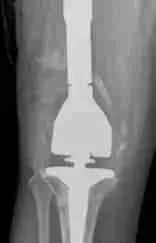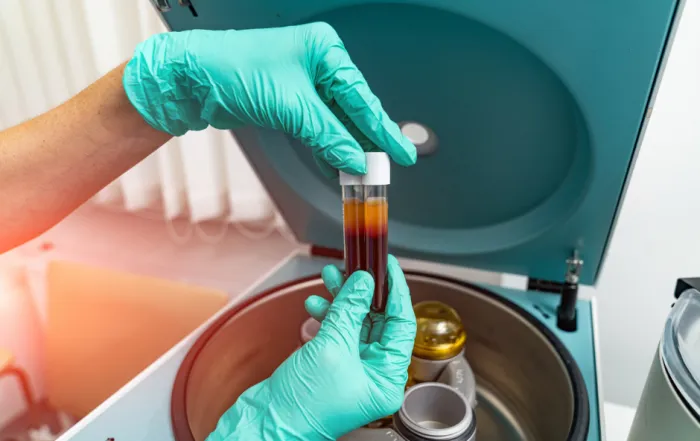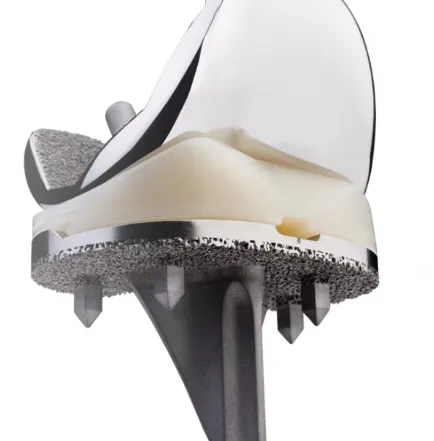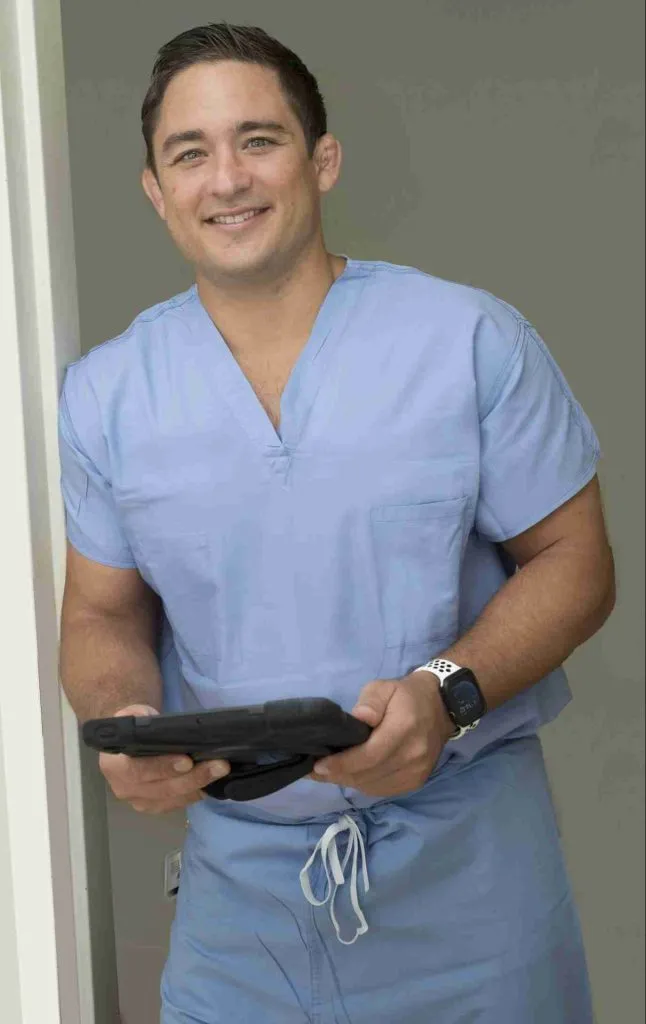Talk with Your Revision Knee Replacement Today!
Choose Dr. Morton as your Revision Knee Replacement Surgeon Today!
- Board-certified, Fellowship Trained Knee Surgeon
- Experienced Orthopedic Surgeon
- High success rate in treating failed knee replacements
- Regularly cares for patients with complex problems
- Well-versed with modern techniques and stays on top of the latest research
- Fellowship-trained and specialist in knee surgery
- Evaluation for painful knee replacement
- Expert in Revision hip replacement
- Trauma Surgeon at Level 1 Trauma Center – Queen’s Medical Center
Revision Total Knee Replacement Surgery

Implant Loosening and Wear
Sometimes the implant can become loose. It is not always clear what may lead up to a loose implant. Orthopedic surgeons believe that repetitive high-impact activities, high body weight, and wear of the plastic liner may lead to quicker wear of your knee replacement, leading to implant loosening. Patients who undergo a knee replacement at a younger age are at a high risk of having their knee replacement become loose.
Loosening occurs when the tiny particles generated when the plastic liner wears out is attacked by your body’s immune system. The immune system then destroys the healthy bone around the implant. This bone destruction is called “osteolysis”. When osteolysis occurs, the implants can begin to have a windshield wiper movement and become loose, causing pain.
Infection
When bacteria enter your knee, it can become attached to the surface of your implant. This infection can begin in the hospital at the time of your initial operation or can begin years later. The risk of an infection after a knee replacement is 0.5% – which is very small. Unfortunately, when it happens, it is a major complication for patients. The risk for infection can be higher in patients with underlying medical conditions such as diabetes, or patients who smoke. Infection is considered whenever patients have a complication with their knee replacement, such as pain, instability, or drainage. Possible treatment options for an infected total knee include removal of the implant, revision, debridement, or just antibiotic suppression. Often, multiple surgeries are required to cure your infected total knee. You should have a discussion with Dr. Morton regarding the long process to treat an infected knee replacement.
Read more about infected knee replacements.
Instability
Sometimes patients feel their knee is unstable. This can begin when the knee is put in initially (such as improper surgical technique) or over time as the ligaments begin to stretch out. Patients with an unstable knee replacement will feel as though their knee “gives way”, and often experience recurrent swelling. Robotic-assisted joint replacements are an excellent way to prevent technical errors that can occur, providing the perfect balance of your knee replacement at the time of operation.
Stiffness and Arthrofibrosis
Sometimes excessive scar tissue build-ups around your total knee joint. This can often frustrate patients when they lose range of motion after surgery. Sometimes this stiffness can prevent the ability to perform everyday activities. If stiffness is treated early, a simple manipulation may be done while you are given some anesthesia. Sometimes stiffness is a very late finding. When stiffness is severe and your knee is not functioning well, this is called “arthrofibrosis.” Arthrofibrosis is a severe scarring of your joint. The treatment of arthrofibrosis may require a revision surgery. Dr. Morton is an expert at arthrofibrosis surgery and has treated many patients with severe contractures to their knee.
Fractures
Fractures (broken bone) usually occur after a fall, or severe osteolysis. Dr. Morton will evaluate the break around your knee by investigating the remaining bone, loosening of the implant, and the location of the break. Most fractures require surgery to correct. In some cases, only a period of protected weight-bearing is required, without surgery.

Preparing for Surgery
A revision total knee requires extensive preparation. Dr. Morton will require your previous medical charts, x-rays, and other imaging. Sometimes before surgery, he will order more advanced imaging such as a CT or MRI may be required. You will almost always need laboratory tests to determine if there is an infection in your knee.

Related Pages
Faster Recovery: The Subvastus Advantage in Knee Replacements
Total knee replacement (TKR) surgery is a transformative procedure for patients suffering from severe knee arthritis or injury. Among the various surgical techniques, the subvastus approach, Quadriceps Sparing Approach, stands out as a minimally [...]
Knee Replacement Success Rate
Introduction Knee replacement surgery, or knee arthroplasty, is a procedure that has transformed the lives of millions of patients suffering from severe knee pain and mobility issues. Traditionally, the success of such surgeries has [...]
Choosing the Right Specialist for Regenerative Medicine: Ensuring Safety and Efficacy
Regenerative medicine is a rapidly advancing field in healthcare, promising innovative treatments that help regenerate tissues, alleviate pain, and restore function. These treatments require technical knowhow when obtaining platelet rich plasma, bone [...]
Demystifying PRP Therapy: Understanding the Science Behind Platelet-Rich Plasma
In the quest for advanced healing techniques, Platelet-Rich Plasma (PRP) therapy emerges as a beacon of hope for those suffering from various orthopedic conditions, including osteoarthritis and tendon injuries like tennis elbow. This cutting-edge [...]
Moving Forward without Cement: The Pros and Cons of Uncemented Knee Replacements
Introduction Modern medicine continues to break new ground, redefining what's possible. One field where innovation is unceasing is orthopedic surgery, and one of the groundbreaking procedures reshaping the sector is uncemented knee replacements. As [...]
Speedy Recovery: Practical Tips for a Faster Recovery After Knee and Hip Replacement
Introduction Hip and Knee Arthroplasty, more commonly known as hip and knee replacement surgery, is a widely performed procedure that offers a new lease on life for individuals grappling with severe knee conditions, including [...]







